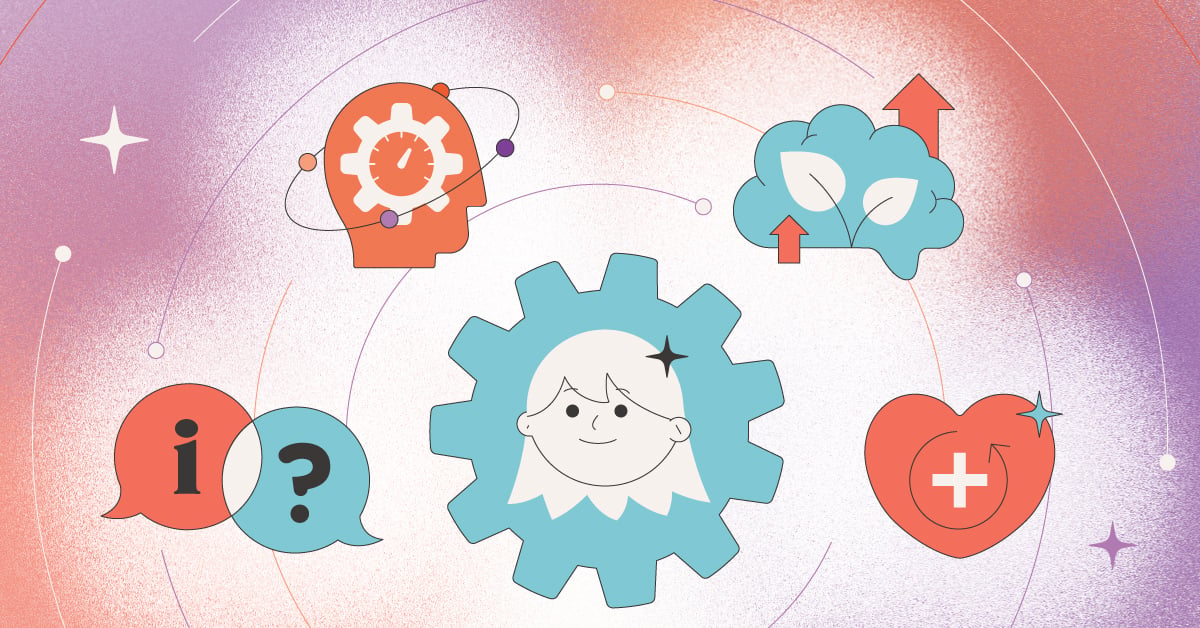
This Population Cares More Deeply About Matters Than Others
We all know people who have high EQ also possess high levels of self-awareness and empathy.
Does that mean that person is also highly sensitive? It's possible.A highly sensitive person, or HSP, refers to someone who responds more intensely to experiences than the average individual.
They might be affected by other people’s moods, or cry during movies or even commercials. They could also find it upsetting to watch violent TV shows.
Scientists estimate about 15 percent to 20 percent of the population fits the profile of a HSP. According to Dr. Elaine Aron, Ph.D., this is a small enough population not to be fully understood by the public at large, yet too high to be considered a disorder.
If you believe your spouse, family member, co-worker or even you are a HSP, here are three must-know traits, or what I like to call their hidden powers:
- They’re more thoughtful: HSPs process information and reflect on it more thoroughly. This trait enables them to pay closer attention to details than the average person. Being thoughtful also helps them capture subtle information that others might overlook.
- They’re more empathic: Sensitive in general, HSPs are particularly perceptive to emotions. They feel emotions more acutely, both for themselves and on the behalf of others, and notice more emotional subtleties. Not surprisingly, they are more attentive and show more concern for others.
- They’re more adaptive: It’s a HSP’s nature to look, listen and observe first before they act. HSPs are more likely to internalize what they’ve learned and apply it. Therefore, they’re good at coping with their feelings and reactions.
However, being a HSP is a double-edged sword.
While those traits are great most of the time, there are things to remember when dealing with a HSP.
Since they think more deeply about matters and are particularly sensitive to emotions, HSPs can be easily hurt or offended.
Prepare for the fact that they might be overwhelmed if they’re in or around an intense argument or chaotic environment. In addition, a HSP might overreact or find it difficult to hide their feelings, which could be less than ideal in a setting like a work environment.
What’s the key to working well with a HSP?
Recognize that they experience events differently than you, and feel more intensely in general. Let them know being a HSP is not a negative thing.
Instead, appreciate their hidden powers and have a strategy in mind to create meaningful and productive interactions.



